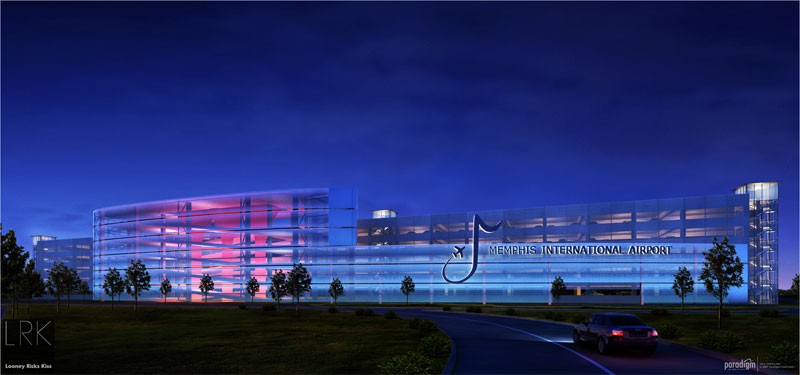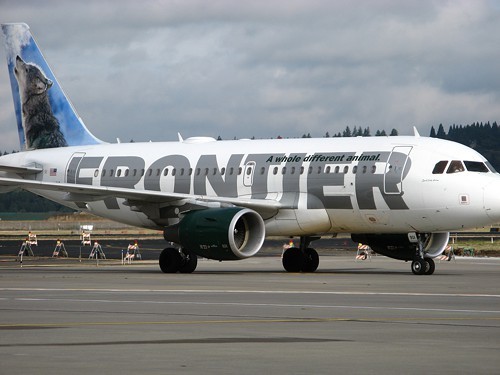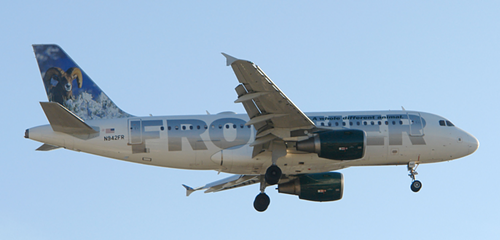
Along with the weather and whichever public official is judged most feckless or misguided in a given time-frame (the honor rotates), there is no target more susceptible to local misgivings these days than Memphis International Airport.
Sometimes it’s actually the former main proprietor, Delta, which famously (or infamously) shuttered its hub and pulled dozens of flights out of Memphis, that accounts for traveler malaise; sometimes it’s the fact that the big, new-ish parking facility obscures the long-cherished view of the MIA terminal; sometimes it’s something as simple as the fact that the number of fast-food outlets has shrunk, especially in the airport’s pre-boarding areas where people are used to dropping off their kinfolk.
And sometimes it’s the fact that, as has been widely reported, the facility is about to be downsized, with plans to demolish the airport’s A and C terminals — one of which used to be Delta’s bailiwick, the other of which is still bearing a good deal of traffic.
All of that is the bad news. So, you ask: What’s the good news? Well, to listen to Scott Brockman, the Airport Authority’s executive director since January, there’s a bunch of it, beginning with the fact that, along with the demolition of terminals A and C, the B terminal is about to undergo some impressive expansion and modernization, giving it not only a more spacious look and feel but a sense of being up-to-date, which the 50-year-old airport facility has heretofore lacked.
Best of all, the improvements-to-come, which will cost an estimated $114 million, can be accomplished without incurring any additional debt, says Brockman, who points out that the Airport Authority has a $691 million balance, has reduced its debt load by $300 million in the past decade, and maintains A-level grades with the top three rating services. And that aforementioned ground-transportation facility has upped revenues from parking four-fold.
The areas administered by the Airport Authority (including the FedEx property and DeWitt Spain and Charles Baker airport) still account for one job in four in these parts, Brockman noted in a luncheon talk to members of the Rotary Club of Memphis on Tuesday. And the Memphis facility handles more cargo on a daily basis than any other site besides Hong Kong. Locally originating passenger flights are actually up, not down, in recent months, and new nonstops have been added to Denver, Chicago, Houston Dallas, and Baltimore — not to mention Philadelphia, which Brockman said could become a connecting point to rival Atlanta.
For the record, these are the airlines that provide daily passenger service from Memphis: American, Delta, Frontier, Southwest, United, U.S. Airways, and Seaport. (Even Delta has upped its service somewhat lately, adding non-stops to Cancun on a seasonal basis.) Of these, Frontier and Southwest are the newcomers, and, as one might expect of newbies, they are determined to demonstrate their competitiveness to the traveling public.
We’re willing to take Brockman at his word when he talks of the Airport Authority’s “relentless pursuit of frequent, affordable air service,” but only time will tell. Still, if the former hapless University of Memphis football Tigers seem finally ready to soar again, then so, surely, can Memphis International Airport.

